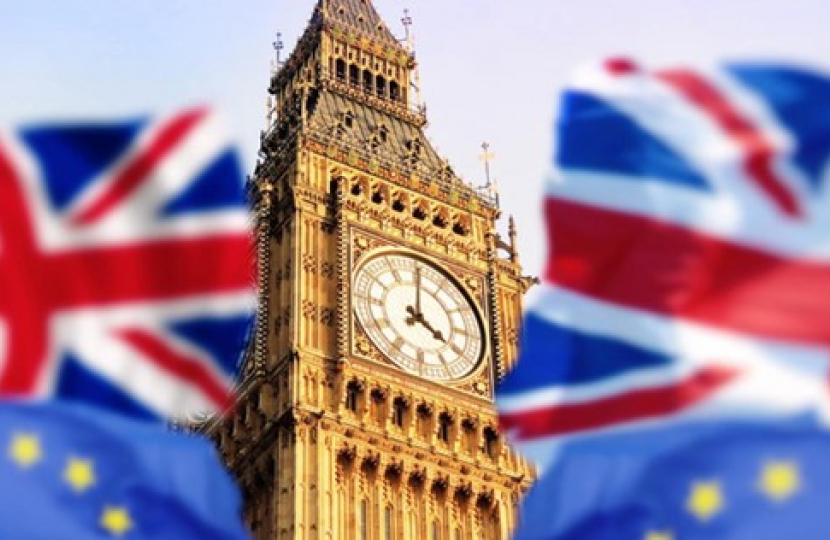
In January 2022, the Government announced plans to bring forward a Bill to create a more innovative regulatory regime that would not have been possible were the UK still a member of the European Union. The Bill will abolish this special status and will enable the Government, via Parliament, to more easily amend, repeal and replace retained EU Law. The Bill will also include a sunset date by which all remaining retained EU Law will either be repealed or assimilated into UK domestic law.
The programme to review, revoke and reform retained EU law is underway and there are no plans to change the sunset deadline for any government departments.
I have been assured that Government is committed to maintaining and enhancing workers’ rights following the UK’s departure from the EU. The Working Time Directive has been transposed into UK law through the Working Time Regulations 1998, and under the EU (Withdrawal) Act 2018 these and other Regulations have been retained.
The regulations provide that, subject to certain exceptions where the nature of the work makes it impractical, employees cannot work more than 48 hours a week averaged, normally, over a period of 17 weeks. It is possible for employees to opt out of this provision voluntarily and in writing, either indefinitely or for a specified period. Employers can request that an employee opts out but cannot terminate their employment or treat them unfairly if they decline.
Ultimately, the UK has one of the best records on workers’ rights, going further than the EU in many areas, and I am determined to build on this progress. By further protecting workers, supporting business to comply with the law, and preventing them from being undercut by a minority of irresponsible employers, the UK can continue to have a high-wage, high-employment economy that works for everyone as we build back better from the pandemic.
The Health and Safety at Work etc. Act 1974 has led to the UK having one of the best records on health and safety in the world, and I am confident that this record will continue. The Health and Safety Executive (HSE) remains focused on ensuring that regulatory frameworks maintain the UK's high standards of health and safety protection and continue to reduce burdens for business.
Further, the Government is committed to a consumer rights framework that protects consumers and drives consumer confidence, while minimising unnecessary cost to business. Core consumer protections, as set out in the Consumer Rights Act 2015, remain unaffected by the REUL Bill. The Government will maintain its international commitments on consumer protection. The Government will bring forward proposals to address REUL that impacts consumer protection using the powers in the Bill or other available legislative instruments. The UK regime sets some of the highest standards of consumer protection in the world, and this will continue to be the case.
This Bill will benefit people and businesses across the UK. I am assured by my ministerial colleagues that the Bill will not weaken environmental protections. Indeed, the Government has acted to significantly increase environmental protection. In 2021, the Government passed a new Environment Act which sets in law a series of environmental targets, enforced by a new Office for Environmental Protection. This landmark Act will clean up the country’s air, restore natural habitats, increase biodiversity, reduce waste and make better use of our resources.
Anna
